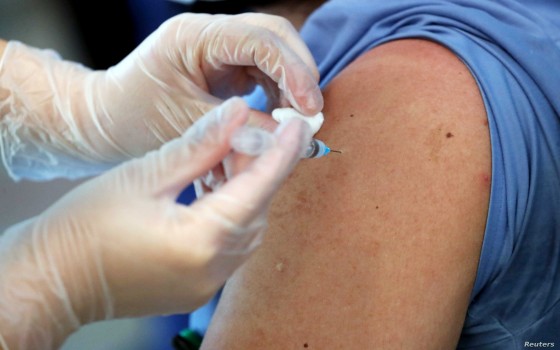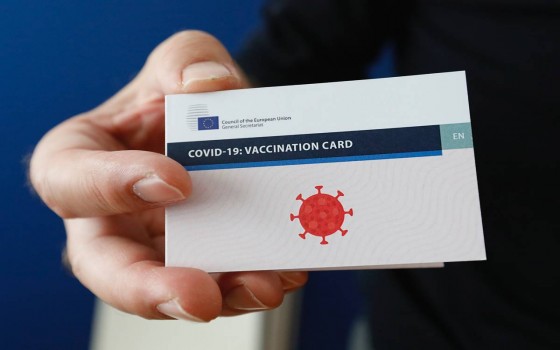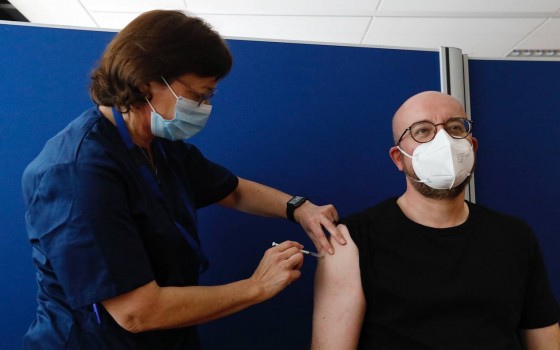
WHO calls for protecting children from the harmful effects of food marketing

- Europe and Arabs
- Tuesday , 4 July 2023 18:11 PM GMT
New York - Brussels: Europe and the Arabs
The World Health Organization said that food marketing continues to pose a threat to public health and negatively affects children's food choices, food consumption standards and food intake.
In a set of new guidelines issued on Monday, the WHO called on countries to implement mandatory, comprehensive policies to protect children - of all ages - from the marketing of foods and non-alcoholic drinks that are high in saturated and trans fatty acids, free sugars and salt. According to the United Nations news bulletin, a copy of which we received on Tuesday morning
"Aggressive and widespread marketing of foods and beverages high in fat, sugar and salt to children leads to unhealthy food choices," said Dr Francesco Branca, Director of the Department of Nutrition and Food Safety at the World Health Organization. He noted that calls for responsible marketing practices "have not had a tangible impact," stressing the need for governments to put in place strong and comprehensive regulations in this area.
Updated recommendations
The updated recommendations are based on findings from reviews of new evidence, including how exposure to food marketing and its power affects children's health, children's eating behaviours, and food-related attitudes and beliefs.
The recommendations are also based on a systematic review of the evidence on food marketing restriction policies, including contextual factors. The organization indicated that "restricting the ability of food marketing to persuade" also has an effect, which includes limiting the use of animation or techniques that attract children, such as including games with products, using songs in advertisements, and endorsing celebrities.
Given this evidence, the World Health Organization has recommended the development of mandatory standards for the marketing of these harmful foods and beverages. In its new guidance, the organization also uses the definition of a child in the Convention on the Rights of the Child to ensure that policies protect all children.
Other recommendations include using a nutrient profile template that governments are developing to classify foods that will be banned from marketing. It also includes the adoption of comprehensive policies to reduce the risk of marketing transmission to other age groups, other spaces within the same medium or to other media, including digital spaces.
WHO stresses that policies to protect children from the harmful effects of food marketing are most effective when they come as part of a comprehensive policy approach to creating enabling and supportive food environments.
She indicated that these new recommendations are part of a set of upcoming guidelines on food environment policies, which aim to support governments in creating healthy food environments to facilitate healthy food decisions, establish healthy eating habits that last a lifetime, improve diet quality, and reduce risks. Noncommunicable diseases worldwide.












No Comments Found